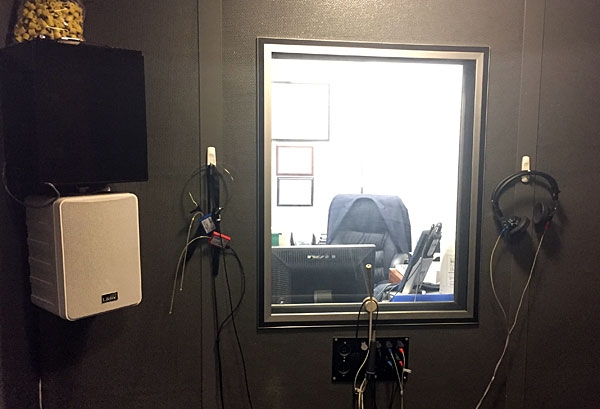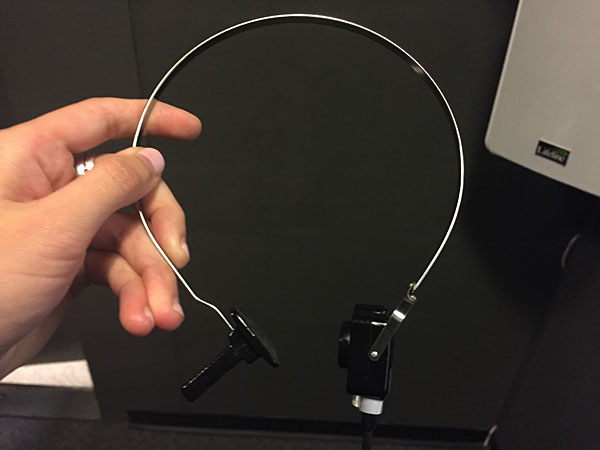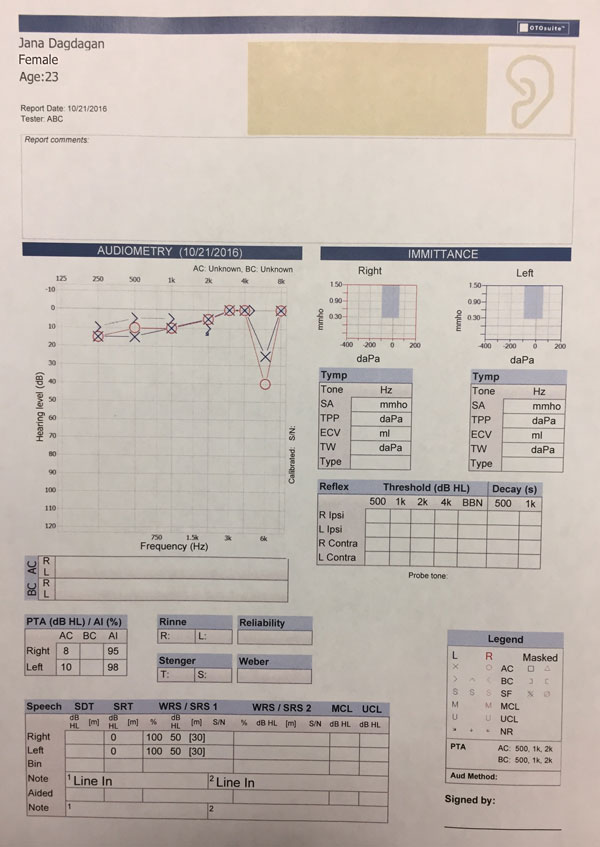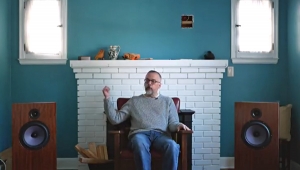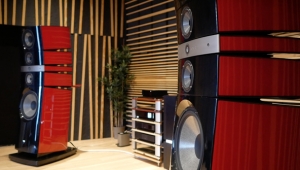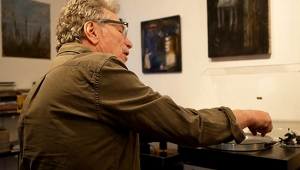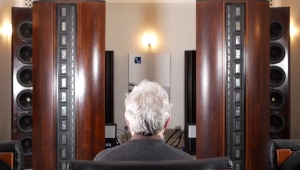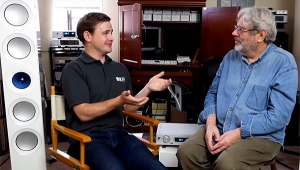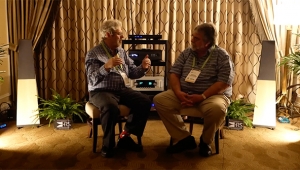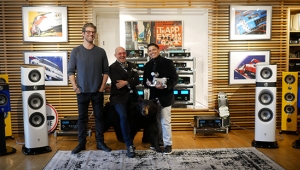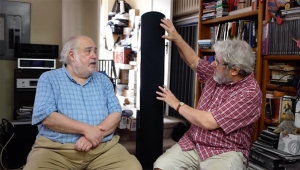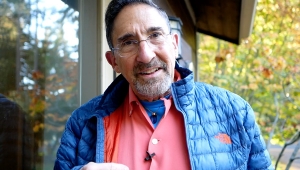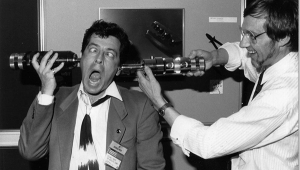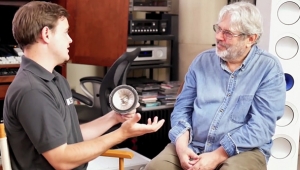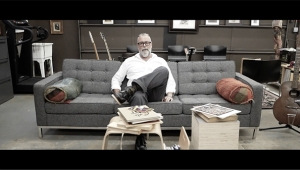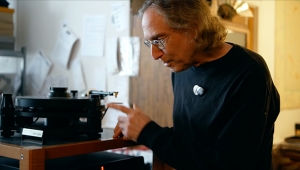| Columns Retired Columns & Blogs |
A few months ago, I was on a phone call and when I got off, my ears were ringing and high frequency acuity was way off. I was disturbed. I turned on some music and it sounded awful--distorted, smeared, just wrong. I had to turn it off. The next day, it had improved a little on one side but not the other. Yeah, I was thinking audiophile game over. If I couldn't stand to hear music any longer, that would be tragic to me.
A few days later, my GP sent me to an ENT whose audiologist gave me the same hearing test described here. The problems were obvious on the chart. I was put on oral prednisone in case an inflammatory process was to blame. Over the next few weeks, I got better, and a follow up visit one month out showed major improvement.
Anyway, thank goodness, I am almost back to normal now, and music sounds great again. (I've probably recovered as much as I'm going to.) For all the readers here, pay attention. The audiologist told me very clearly that if EVER faced with sudden hearing loss, get to a doc and get on prednisone IMMEDIATELY. Up to two weeks out can still okay to start the meds, but it's best not to delay at all to increase the chances of a full recovery.
